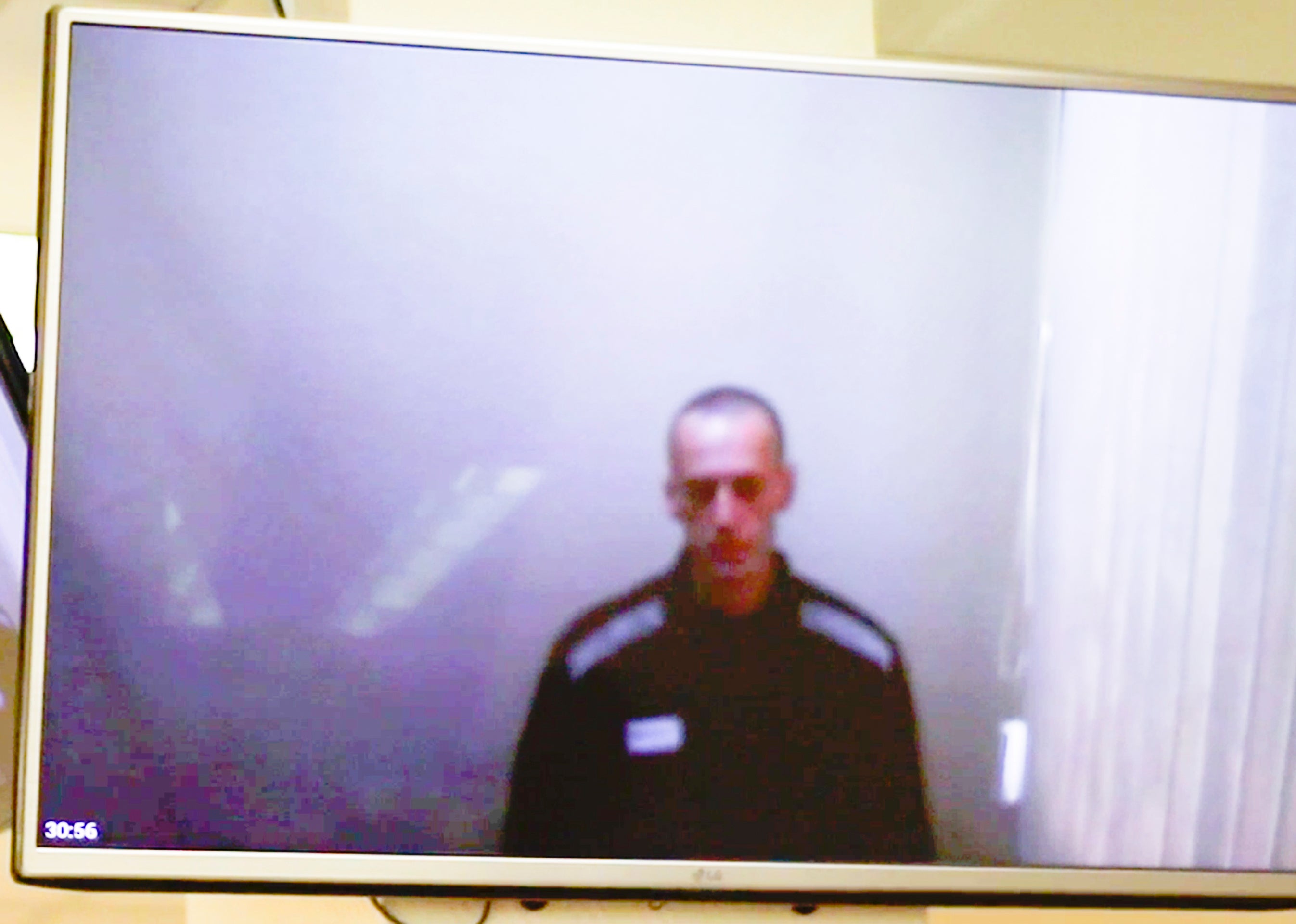Russia blacklists 8 EU officials in retaliatory action
Russia has blacklisted eight officials from the European Union in retaliation for EU sanctions over the imprisonment of Russian opposition leader Alexei Navalny

Russia on Friday blacklisted eight officials from the European Union in retaliation for EU sanctions over the imprisonment of Russian opposition leader Alexei Navalny
The Russian list includes European Parliament President David Sassoli and Vera Jourova, the vice president of the European Commission for values and transparency.
European Council President Charles Michel European Commission President Ursula von der Leyen and Sassoli condemned the Russian move, saying it's “unacceptable, lacks any legal justification and is entirely groundless.”
They said in a statement that Moscow s action is "the latest, striking demonstration of how the Russian Federation has chosen confrontation with the EU instead of agreeing to redress the negative trajectory of our bilateral relations."
"The EU reserves the right to take appropriate measures in response to the Russian authorities’ decision,” the statement said.
The Russian Foreign Ministry accused the EU of trying to punish Moscow for its “independent foreign and domestic policies” and of trying contain its development with “unlawful restrictions.” It particularly referred to the EU sanctions slapped on six Russian officials in March.
“All our proposals for settling problems between Russia and the EU through a direct professional dialogue have been consistently ignored or rejected,” the ministry said.
The EU sanctions targeted the Russian officials involved in the imprisonment of Navalny, the most adamant opponent and critics of Russian President Vladimir Putin. Navalny was arrested in January upon his return from Germany where he spent five months recovering from a nerve agent poisoning that he blames on the Kremlin — accusations that Russian officials reject. European labs have confirmed that Navalny was poisoned.
In February, Navalny was sentenced to 2 1/2 years in prison on charges of violating the terms of a suspended sentence while he was in Germany. The sentence stemmed from a 2014 embezzlement conviction that Navalny has rejected as politically driven.
Russia has rejected the U.S. and the EU criticism of Navalny's imprisonment and of Russia's crackdown on protests demanding his release as meddling in its internal affairs.
The tensions over Navalny have further exacerbated Russia's relations with the West, which plunged to post-Cold War lows after Russia's 2014 annexation of Ukraine's Crimean Peninsula. Those ties have become further strained over U.S. and the EU accusations of Moscow's interference in elections and hacking attacks.
The Russian sanctions list also includes Ilmar Tomusk, the head of Estonia's Language Inspectorate; Ivars Abolins, chairman of Latvia's National Electronic Media Council; Maris Baltins, director of the Latvian State Language Center; Jacques Maire, a French lawmaker who is also a member of the Parliamentary Assembly of the Council of Europe; Berlin chief state prosecutor Jorg Raupach; and Asa Scott, head of chemical and biological defense and security division at the Swedish Defense Research Agency.
___ Associated Press writer Samuel Petrequin in Brussels contributed to this report.
Bookmark popover
Removed from bookmarks